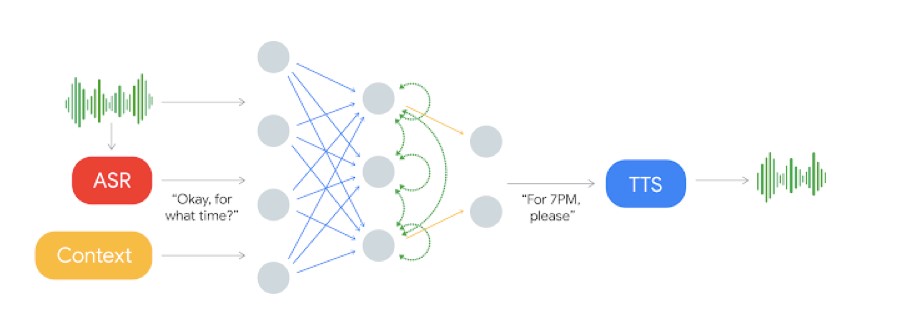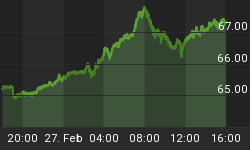Never having to make an annoying phone call to a hair salon, a doctor’s office, or your insurance company again might sound like a utopian dream, or it could end up being a dystopian nightmare in which robots take over every aspect of being human--good, bad or simply annoying.
But still, one can hardly resist being impressed by the demo of Google Duplex, the search engine giant’s latest run at a technology assistant, designed to conduct natural conversation with a human over the phone, even mimicking the art of chit-chat.
If this becomes a mainstream thing, it may cut down on unpleasantness—no more shouting at one of our favorite telecoms companies for overcharging us, etc—but it also means disengaging to a frightening extent.
The point is to make life easier, not disengage from it entirely. But we are traveling at high speed down the road that leads to massive applications for artificial intelligence, and at this point there seems to be nowhere to turn around.
For now, Duplex technology is now limited to specific domains, but it’s only a matter of time before we start outsourcing everything that’s uncomfortable and all our little inconveniences.
“Pretty soon it’s not going to be hard for someone to type in the words to have a virtual assistant break up with their boyfriend,” says John Havens, executive director of the IEEE Global Initiative on Ethics of Autonomous and Intelligent Systems. “Or, ‘call my elderly mom this weekend.’ I’m being a little hyperbolic, but we’re actually here.” Related: A New Battleground In The Global E-Commerce War
So how does it work?
Google Duplex uses a “recurrent neural network” (RNN) to “cope” with the challenges of what is a rather more flexible way of human conversation that generally contains shortcuts, grammatical errors, and fillers such as “umm” and “like”. Basically, they’ve trained Duplex’s RNN to sound more human, or ‘natural’.

(Click to enlarge)
Google Duplex is still a work in progress, but it plans to start testing publicly this summer already.
And Google is promoting this as the opposite of disengagement. Instead, the tech giant suggests, this is about promoting Time Well Spent—a project developed by former Google “design ethicist” Tristan Harris, which is ironically geared at “reversing the digital attention crisis and realigning technology with humanity’s best interests”.
Not having to make annoying phone calls, by this logic, frees us up for more quality human time.
Related: Record Breaking Year For Private Money Managers
It’s also promoted by Google as a way to get over language barriers in order to better engage with the world beyond our isolation.
So will it really free us up from banal conversations and thus push us to embrace a higher-quality engagement with human beings the world over? That’s a significant assumption for a ‘technology assistant’ to make about human psychology.
Still, as artificial intelligence enters the age of mission creep, even if we fear the robotic world that’s coming, we’ll still let an assistant make that next annoying phone call as soon as we have the chance. We won’t be able to resist.
By Michael Scott for Safehaven.com
More Top Reads From Safehaven.com:
















